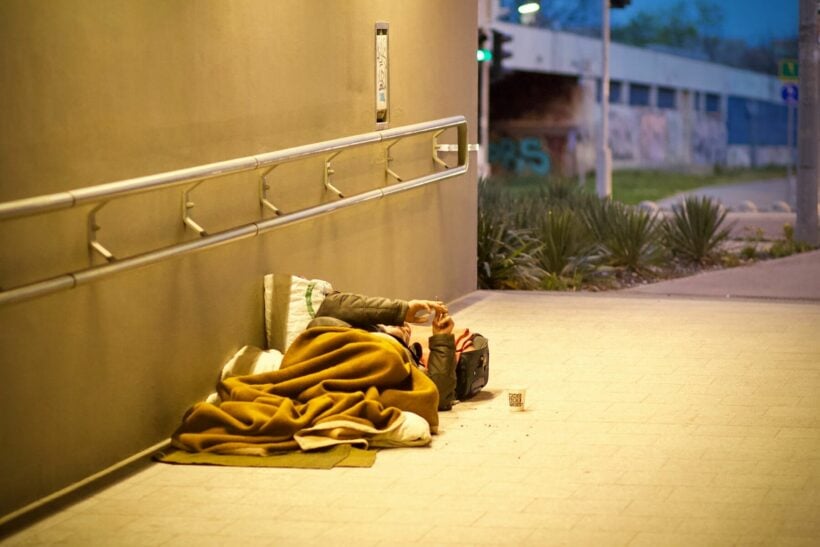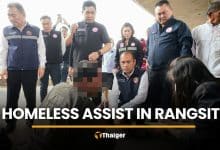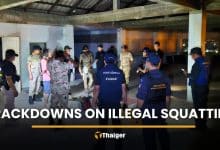Governor pledges to make Bangkok better for its most vulnerable

Bangkok Governor Chadchart Sittipunt called for “cooperation” after he pledged to make the city better after chairing a task force meeting designed to help improve lives of the city’s most vulnerable.
The 56 year old city chief met with several associations on how best to promote the rights and interests of those most vulnerable in the metropolis. Attendees included associations for the blind, deaf and those living with intellectual disabilities, and officials from the Empowerment of Persons with Disabilities Department, and National Health Security Office.
Proposals were submitted to the governor with the aim of developing the capital for people with disabilities in several categories, including occupation, innovation, welfare, medical services and education.
One proposal called for the Bangkok Metropolitan Association to find employment for 800 disabled people in Bangkok over the next two years.
The meeting agreed that talented disabled people should be promoted, while new technology courses should be added to occupational training programmes, facilities in buildings and public sites must be improved, and residents should be allowed to determine Bangkok’s development policy, among several other positive proposals.
Chadchart says the building of a metropolis will not only benefit people with disabilities but also the elderly and children.
“Consideration for other people is the core of the city. It cannot only rely on the BMA’s strength but also the cooperation of each network to make Bangkok better.”
Meanwhile, head of the Mirror Foundation’s homeless project, Sittiphol Chuprajong, says Bangkok’s homeless needs to be addressed.
“The spike in the number of homeless is mainly because of increasing economic hardship during the Covid-19 pandemic as many people lost their jobs and other sources of income, so they do not have enough money for rent. Many end up living on the streets. This is a major humanitarian issue because these homeless people have limited access to public services, so they are vulnerable.”
Deputy Bangkok Governor Sanon Wangsrangboon acknowledged the new BMA administration is aware of the problem and says it is cooperating with stakeholders to improve the quality of life of the city’s homeless.
“Our intention is to ensure that no homeless person is left behind and that they have some way to meet their daily needs and access public services, in accordance with their rights. Actually, we don’t want to call this group ‘homeless,’ so we are supporting a half-half habitation project, which gives people access to cheap housing supported by the Human Settlement Foundation.
“We also prioritise the newly homeless, those who recently lost their homes due to economic hardship during the pandemic, to prevent them from becoming permanently homeless by providing support, such as a job-finding service and affordable housing.
“Solving homelessness in Bangkok is essential to our goal to make the capital a livable city for all.”
SOURCE Bangkok Post
Latest Thailand News
Follow The Thaiger on Google News:


























